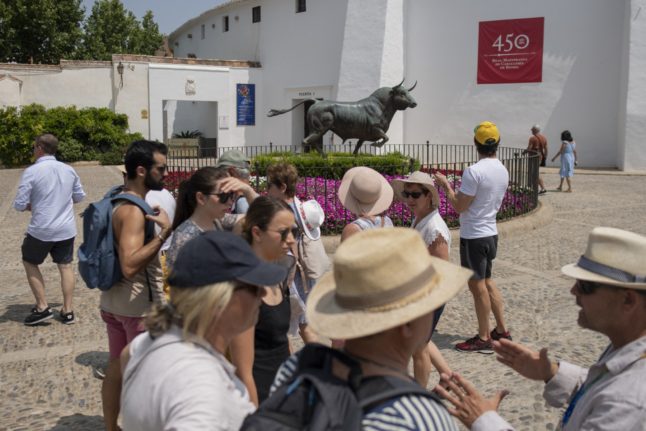Inspired by the “Mediterranean lifestyle”, the new “Zel” chain is expected to open its first hotel in 2023 in Mallorca in the Balearic Islands where 36-year-old Nadal was born and where Meliá Hotels International was founded in 1956.
Nadal, one of the world’s two top-ranked tennis players, and Meliá, Spain’s leading hotel group which operates more than 400 establishments across the globe, will jointly own the company.
They did not specify who would hold what percentage of the shares.
The aim is that “over the next five years”, the chain will open “more than 20 hotels across the world”, Nadal told reporters in Madrid.
Meliá said the new chain would establish hotels “in destinations with a clear focus on premium leisure tourism”, such as Spain, France, Italy or Croatia but also the Caribbean, southeast Asia and the Middle East.
It would also be present in the main tourist capitals with openings already planned in London, Paris and Madrid.
Initially, 80 percent of the hotels will be set up in existing structures “which will undergo a radical transformation” to adapt them to Zel’s “Mediterranean character”, said Meliá chairman Gabriel Escarrer.
The ultimate objective is that most hotels will be specially built for Zel, which means “sky” in the dialect of Catalan that is spoken in Mallorca, said Escarrer, who is also from the Balearic Islands.
The idea, he said, was to put the emphasis on Mediterranean culture with “its good life, gastronomy and parties” — an idea which customers found “very appealing”.
Nadal said his involvement in the hotel chain did not mean he was ending his sporting career.
“I’m trying to make sure that my retirement is put off for as long as possible,” he told reporters.



 Please whitelist us to continue reading.
Please whitelist us to continue reading.
Member comments